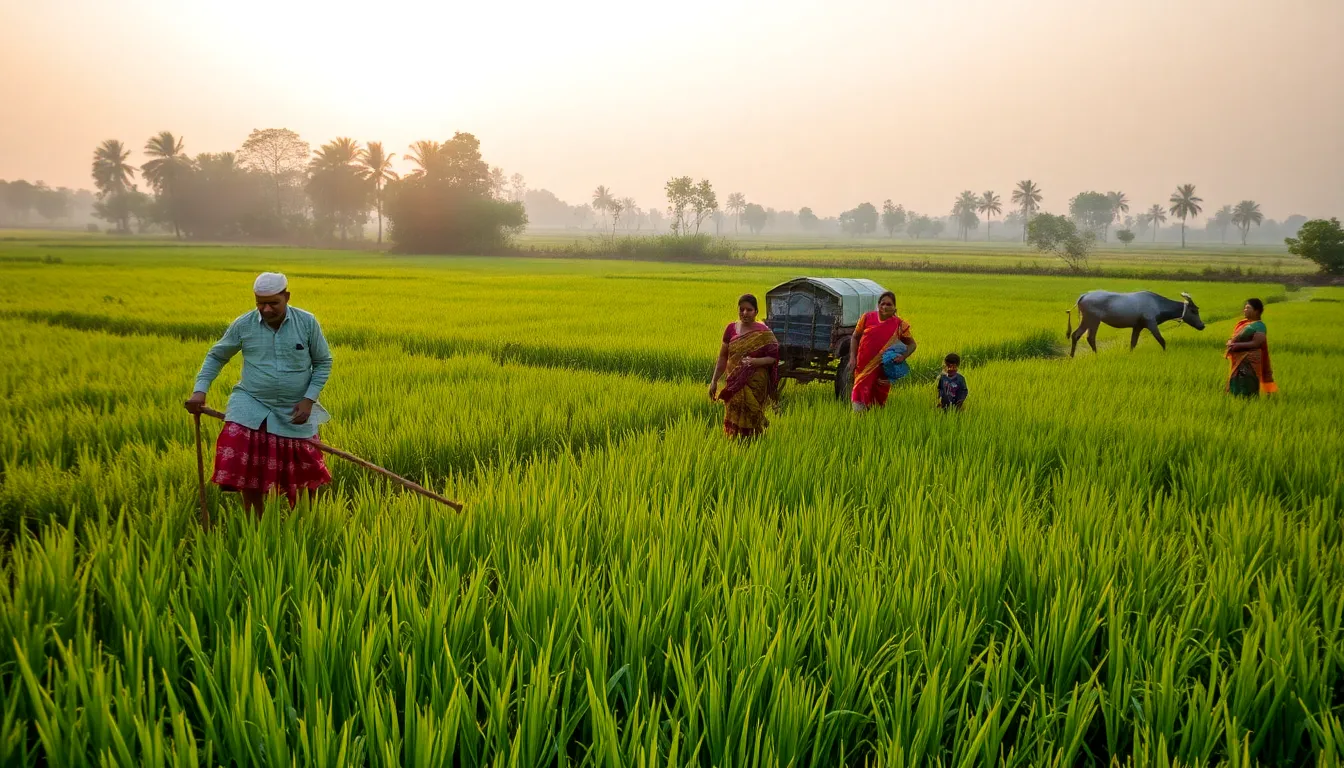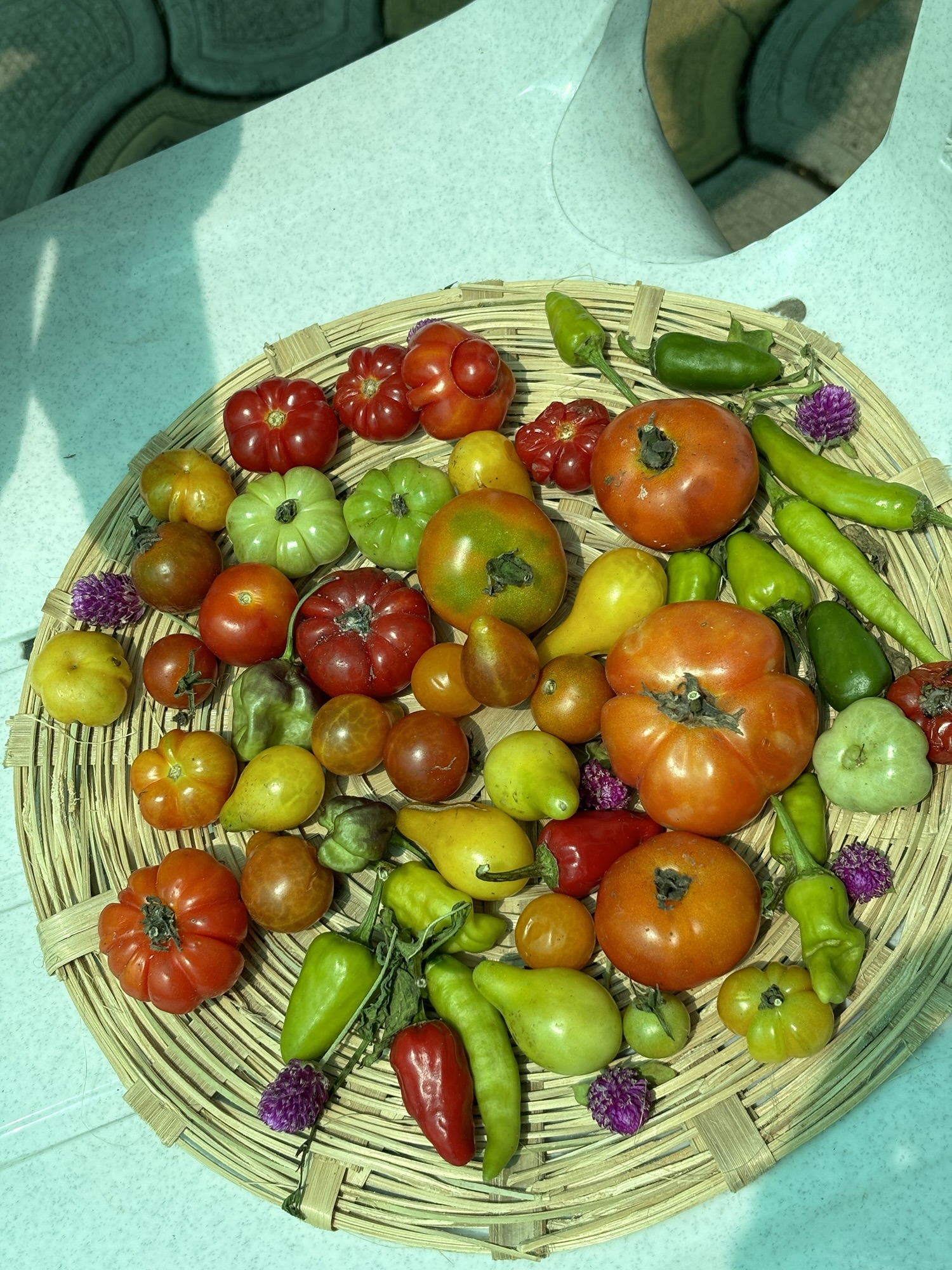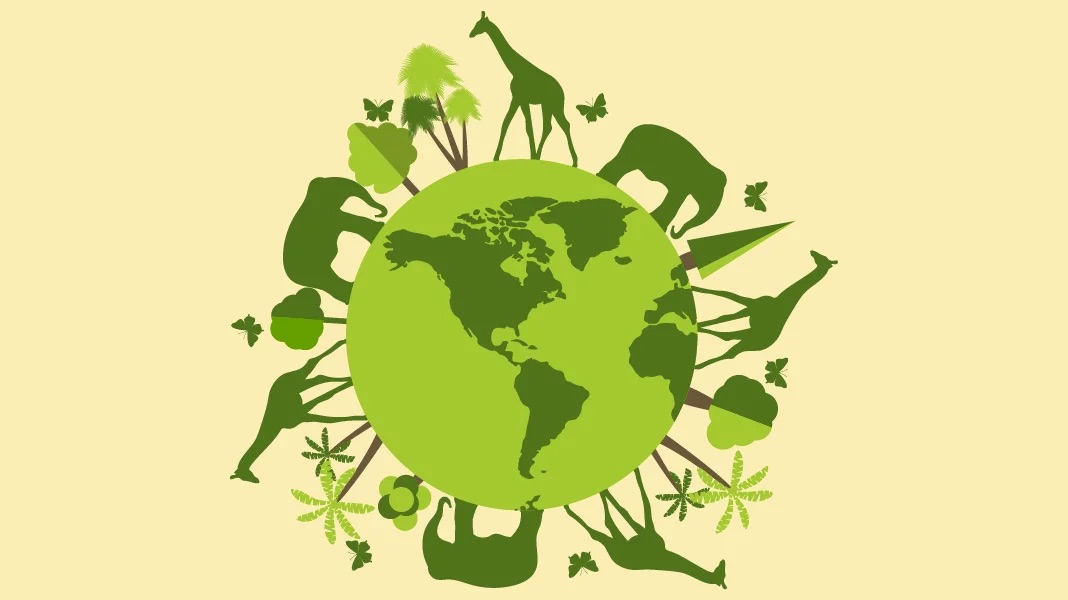On June 9, 2025, the Asian Development Bank (ADB) and CGIAR, with support from the Gates Foundation, announced a significant initiative aimed at improving rice farming in Asia-Pacific. This $1.5 billion program is designed to support smallholder farmers and promote sustainable, low-carbon rice production. Rice is vital for the region as it feeds over half the population and is a key part of many livelihoods.
The initiative is part of ADB’s broader plan to enhance food systems with a total investment of $40 billion by 2030. It seeks to address critical challenges in rice farming, including declining productivity, water scarcity, and greenhouse gas emissions.
Rice farming has faced increasing pressure due to extreme weather events and environmental issues. ADB Vice-President Fatima Yasmin highlighted the importance of rice for food security in Asia, stating that it provides a significant portion of daily calorie intake for many people.
The new initiative aims to develop innovative rice farming technologies that are climate-smart and low-emission. One of the central components is the ADB–CGIAR Clearinghouse Facility, co-financed by the Gates Foundation. This platform will help promote sustainable water management and drive the adoption of low-carbon farming techniques.
Projects will begin in countries such as Bangladesh, Cambodia, China, Pakistan, and the Philippines, where rice farming is essential to local economies. Initial efforts will focus on adopting better farming practices and improving market access for smallholder farmers. This will help ensure that they benefit from enhanced pricing and better nutrition outcomes.
CGIAR, known for its pioneering research in agriculture, will play a key role in this initiative. The organization has developed rice varieties that are resilient to drought and floods, making them suitable for changing climate conditions.
The new program not only seeks to increase rice production but also aims to do so sustainably. This means conserving resources, reducing emissions, and preparing communities for climate variability. By addressing the main challenges faced by rice farmers, the initiative plans to create a more resilient agricultural system.
The challenges of rice farming are not unique to one country. Many Asian countries face similar issues due to climate change and aging farming populations. The initiative provides a platform for knowledge sharing and learning from each other’s experiences.
As the agriculture sector evolves, these efforts will be crucial in ensuring food security and improving the livelihoods of millions. The partnership between ADB, CGIAR, and the Gates Foundation exemplifies the commitment to tackling global challenges through innovation and collaboration.
In conclusion, this $1.5 billion initiative represents a significant step toward transforming rice farming in Asia-Pacific. By supporting sustainable practices and empowering smallholder farmers, it aims to secure a brighter future for food production in the region. The success of this program could serve as a model for other agricultural initiatives around the world, highlighting the need for sustainable solutions in farming.
As the climate crisis continues to pose risks to food security, the importance of such initiatives cannot be underestimated. The future of rice farming, and indeed food security in Asia, depends on our ability to innovate and adapt to these challenges.





